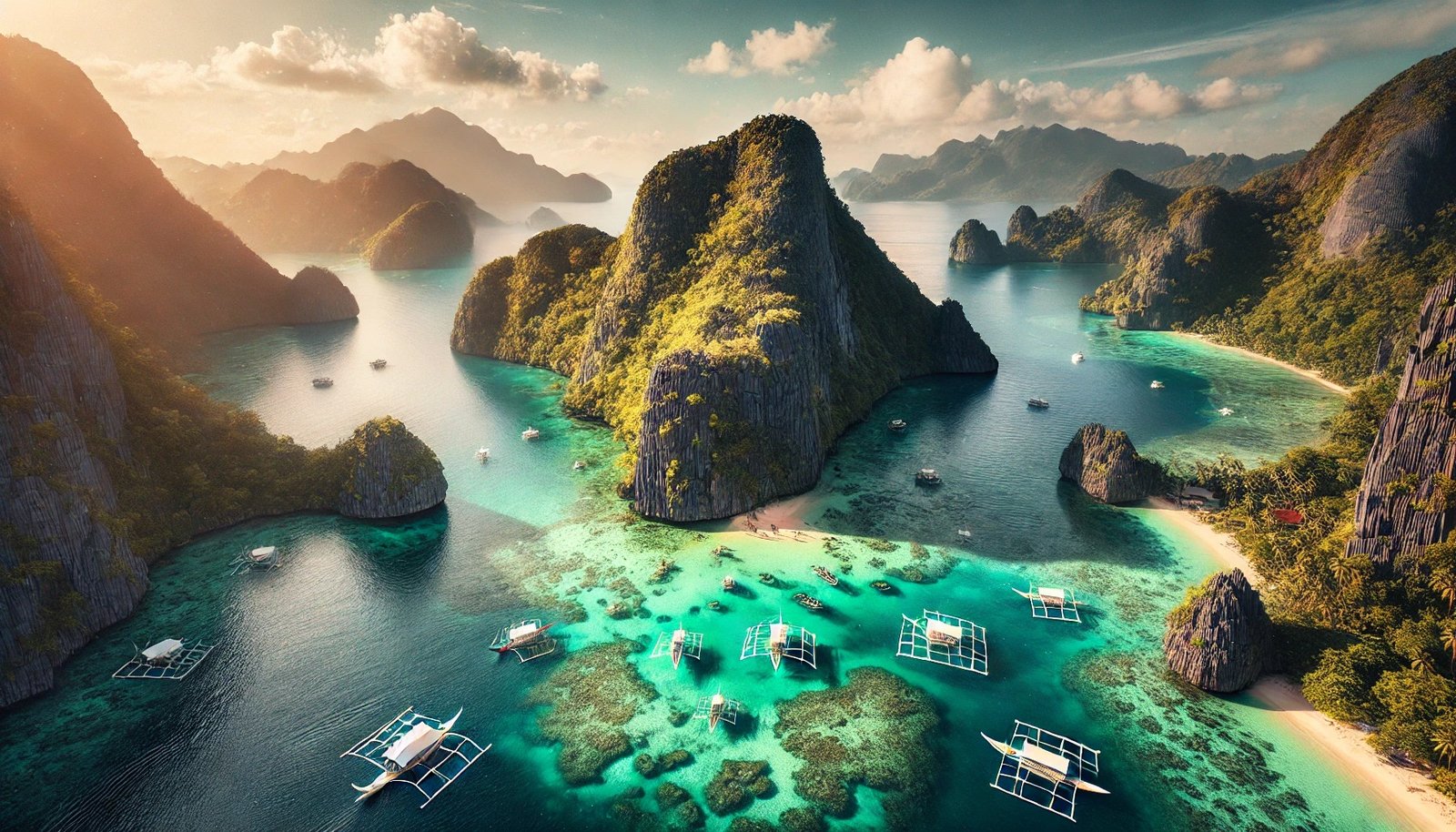History of the Philippines
Journey through centuries of rich heritage, from ancient civilizations to modern democracy
7,000+
Years of History
333
Years Spanish Rule
48
Years American Rule
1946
Independence Year
A Nation's Journey
Philippine history spans millennia, marked by periods of indigenous civilization, colonial rule, struggle for independence, and the ongoing journey toward progress and democracy.
Historical Timeline
Pre-Colonial Era
3000 BCE - 1565 CE
Early Inhabitants (3000-2200 BCE)
The archipelago was inhabited by Austronesian peoples, who brought advanced sailing, agriculture, and metalworking technologies.
Diverse Cultures
Various indigenous groups developed distinct cultures and traditions, including the Tagalog, Visayan, and other ethnic groups with sophisticated governance systems.
Spanish Colonial Period
1565 - 1898
Arrival of the Spanish (1565)
Miguel López de Legazpi's expedition established Spanish rule, introducing Christianity and European governance systems.
Colonial Governance
The Spanish implemented a hierarchical system with friars playing significant roles in religious and political affairs.
Rise of Nationalism
Filipino resistance grew over centuries, culminating in the formation of revolutionary movements and the eventual Philippine Revolution.
Philippine Revolution
1896 - 1898
The Katipunan (1896)
The revolutionary organization led by Andres Bonifacio launched the Philippine Revolution against Spanish colonial rule.
Spanish-American War (1898)
Spain's defeat led to the transfer of the Philippines to the United States, marking the end of over 300 years of Spanish rule.
American Colonial Period
1898 - 1946
Philippine-American War (1899-1902)
Filipino revolutionaries led by Emilio Aguinaldo resisted American occupation in a brutal conflict.
American Governance
The US established colonial government, introducing American education, infrastructure, and democratic political systems.
Philippine Commonwealth (1935)
The Philippines became a Commonwealth, paving the way for eventual independence with a 10-year transition period.
World War II
1941 - 1945
Japanese Occupation (1941-1945)
The Philippines was occupied by Japan during World War II, followed by liberation by American and Filipino forces.
Liberation and Rebuilding
The war's end marked the beginning of reconstruction and preparation for independence.
Independence
July 4, 1946
Republic of the Philippines
The Philippines gained independence from the United States, becoming a sovereign nation after centuries of colonial rule.
Early Republic Challenges
The new nation faced challenges of nation-building, economic development, and establishing stable democratic institutions.
Post-Colonial Era
1946 - Present
The Marcos Era (1965-1986)
Ferdinand Marcos's presidency was marked by martial law, authoritarian rule, and economic challenges.
People Power Revolution (1986)
Peaceful revolution led to Marcos's overthrow and restoration of democracy under Corazon Aquino.
Contemporary Philippines
Ongoing journey of democratic development, economic growth, and addressing modern challenges.
Historical Heroes
Remarkable individuals who shaped Philippine history and fought for freedom and democracy
Dr. José Rizal
National hero, writer, and reformist whose novels awakened Filipino nationalism
Andrés Bonifacio
Father of the Philippine Revolution and founder of the Katipunan
Emilio Aguinaldo
First President and leader of Philippine independence movement
Corazon Aquino
Led People Power Revolution and restored democracy
Lapu-Lapu
Chieftain who defeated Spanish conquistador Ferdinand Magellan
Benigno "Ninoy" Aquino Jr.
Opposition leader whose assassination sparked People Power Revolution
Historical Legacy
The Philippines' rich history continues to shape its present and future, fostering resilience, democracy, and cultural diversity
Cultural Heritage
A unique blend of indigenous, Spanish, American, and Asian influences creates the Philippines' distinctive cultural identity.
Democratic Values
The struggle for freedom and democracy continues to inspire peaceful resistance and civic engagement worldwide.
Resilient Spirit
Centuries of challenges have forged a resilient people capable of overcoming adversity with hope and determination.
Explore Philippine Heritage
Discover historical sites, museums, and cultural landmarks that preserve the Philippines' rich heritage

